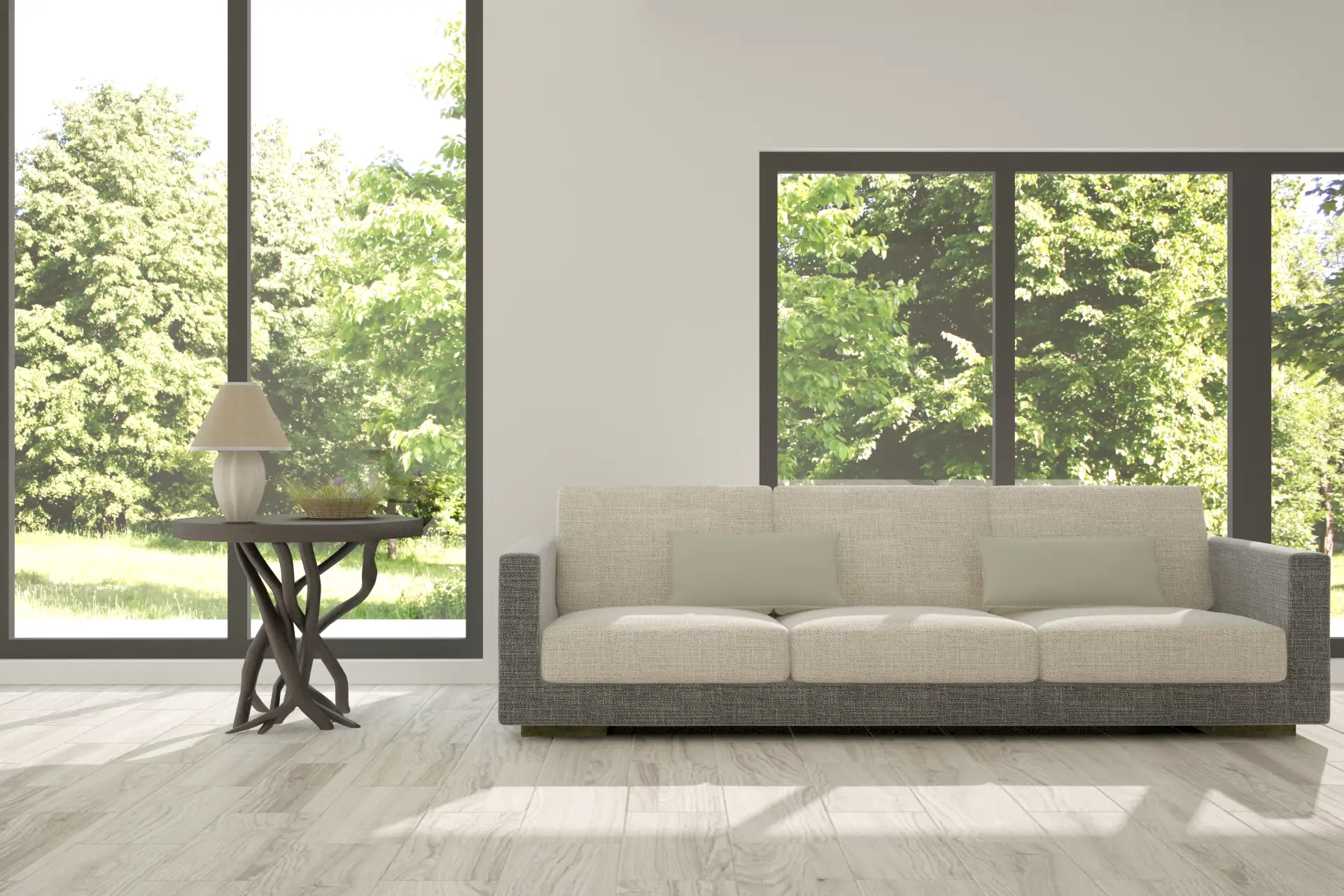
The Importance of Aluminum in Sustainable Building Practices
The entire lifecycle of building a structure, from mining its construction material to its demolition, is known to generate a lot of waste. The overexploitation of resources and immense energy and water consumption are the usual outcomes of a construction process. A green building minimises the negative impacts on the environment. The idea behind green buildings is to preserve natural resources, reduce carbon footprints, and improve the quality of life.
With technology and innovation at the forefront, transitioning to a healthy and responsible lifestyle has become less challenging. The role of aluminium in the construction sector is one such transition. This transition has facilitated the shift of these new and innovative green building practices. It has emerged as a surprising champion of green building practices. The onus now is on the aluminium door and window manufacturing companies, as they are responsible for providing consumers with quality products.
This blog will explore how these market players can play an essential role in sustainable construction, particularly in the Indian market.
Is Aluminium Environmentally friendly?
If we think about the extraction and processing of aluminium, we might end up tagging aluminium in the non-environmental-friendly category. But if we look beyond extraction, aluminium does prove to be an environmentally sound choice. The factors that make it a green metal are:
-
Durability and Longevity
Aluminium’s durability makes it a preferred choice for aluminium window manufacturers. Its shelf life reduces the requirement for constant repair and replacement, reducing the waste generated and associated environmental costs. This characteristic makes aluminium a good contender for the fenestration industry and allows users to save money that would otherwise have been spent on a regular window’s depreciation.
-
High Recyclability
We are well aware that aluminium is a highly recyclable metal and can be recycled infinitely without losing its properties. This makes it an ideal metal for sustainable production. Aluminium window and door manufacturing units can save up to 95% of energy by recycling it. This reduced energy consumption minimises the overall environmental footprint that the otherwise virgin aluminium would have caused.
-
Energy Efficiency
Aluminium can save energy in two ways: by reducing producers’ and consumers’ energy consumption. The production of recycled aluminium only uses 5% of the energy compared to virgin aluminium. When aluminium windows have double-glazed units, they become effective heat insulators. Therefore, aluminium windows have the potential to reduce energy consumption for heating and cooling, leading to lower carbon emissions.
Streamlining Green Building Practices: Role of Aluminium Window Manufacturers
Aluminium window manufacturers have a significant role in promoting green building practices. Here are some ways in which they can contribute:
-
Focus on Recycled Aluminium
Manufacturers should prioritise using a high percentage of recycled aluminium in their products. This reduces reliance on virgin aluminium production and minimises the associated energy consumption.
-
Sustainable Manufacturing Practices
Implementing energy-efficient processes in manufacturing facilities can significantly reduce the environmental impact of aluminium window production.
-
Innovation in Design
Developing innovative window designs with enhanced thermal performance can further improve energy efficiency in buildings.
-
Transparency and Education
Manufacturers should proactively educate architects, builders, and consumers about the environmental benefits of using aluminium windows in green building projects.
Which Indian Company Adopts Green Aluminium Door and Window Manufacturing?
Eternia, by Hindalco, Aditya Birla Group, is one of India’s first aluminium door and window manufacturing companies. All of its products have a Greenpro Ecolabel. This label, given to Hindalco by the IGBC (Indian Green Building Code), is internationally recognised for the lower environmental impact of its business activities and its contribution to enhancing the performance of green buildings.
Eternia uses Duranium, an aluminium alloy specially made by Hindalco engineers, for its windows and doors. It has three product ranges: Eternia Essential, Eternia Premium, and Eternia Luxury. Each range has its product type and a unique WiWA score, ranging from 1 to 10. WiWA stands for Wind, Water and Air and evaluates performance based on wind resistance and air and water permeability.
Way Forward
With temperatures rising to a record 49.9 degrees Celsius in Delhi NCR, one can imagine the impact of the ill effects of detrimental environmental practices. Therefore, the government is actively collaborating with industry players like Eternia to make the transition smooth, effective and qualitative.


 +91 97699 40000
+91 97699 40000











